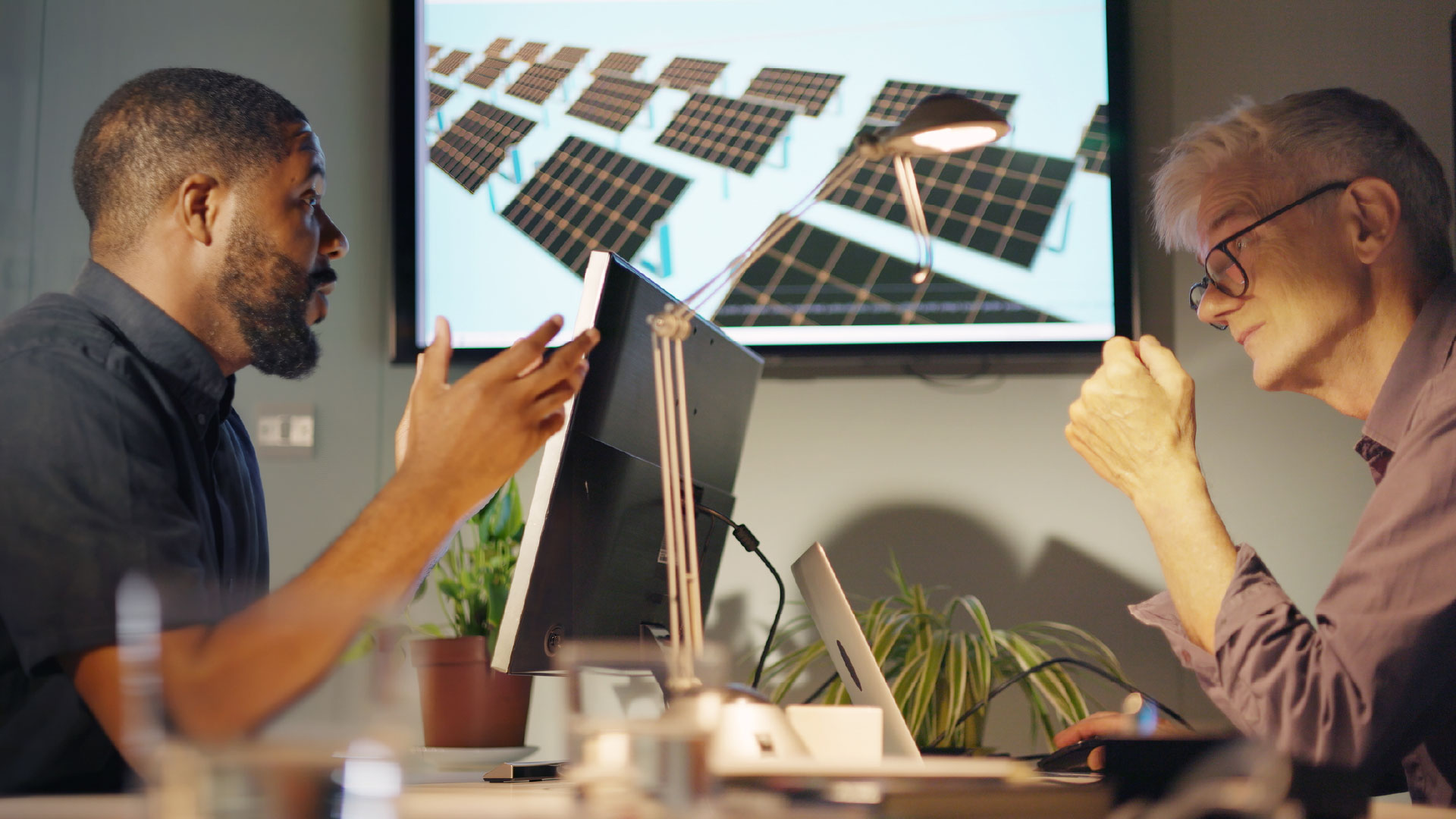Strategic Focus: Strategies For Reducing Purchased Product Emissions

Alastair Foyn
09 Oct, 2023
Access this research
Access all Carbon Management Software content with a strategic subscription or buy this single report
Need help or have a question about this report? Contact us for assistance
Executive Summary
Purchased product emissions encompass upstream supply chain emissions from both tangible and intangible products acquired by a firm. The GHG Protocol classifies them into four categories (Scope 3, Categories 1-4), based on supply chain components and product types. In recognition of their prevalence, firms such as E.ON are adopting targets approved by the Science Based Targets initiative (SBTi) for purchased goods emission reductions. Progress on such targets, and compliance with an increasingly rigorous landscape of regulations aligned with the Task Force on Climate-related Financial Disclosures (TCFD), requires effective emissions management using accurate, granular emissions data. Whilst this is often hindered by poor visibility, low supplier engagement and the logistical requirements of data collection, firms can follow five cyclic stages of supply chain emissions management and engage in best practices to maximize data accessibility and accuracy.
Supply chains are a priority for decarbonization at many firms
Best practices in measuring purchased product emissions
Best practice in reducing purchased product emissions
Best practices in measuring purchased product emissions
Best practice in reducing purchased product emissions
Figure 1. Upstream purchased goods supply chain
Figure 2. Supply chain emissions as a percentage of total Scope 1, 2 and 3 emission inventories
Figure 3. Corporate SBTi-approved reduction targets for purchased emissions
Figure 4. Stages of supply chain decarbonization, with Ørsted case study
Figure 5. Supply chain optimization
Figure 2. Supply chain emissions as a percentage of total Scope 1, 2 and 3 emission inventories
Figure 3. Corporate SBTi-approved reduction targets for purchased emissions
Figure 4. Stages of supply chain decarbonization, with Ørsted case study
Figure 5. Supply chain optimization
American Axle & Manufacturing, Apple, Bayer, BMW Group, Carbmee, Carbon Trust, Carrefour Group, CDP, Cisco Systems, Dell Technologies, DHL Group, DitchCarbon, Dow, DuPont, E.ON, EcoVadis, ENGIE, GHG Protocol, Heineken, IBM, International Organization for Standardization (ISO), Jaguar Land Rover, Klöckner & Co, Lenovo Group, Liquid Wind, Makersite, McDonald’s, McKinsey & Company, Microsoft, Optera, Ørsted, Partnership for Carbon Transparency (PACT), PepsiCo, Persefoni, Procter & Gamble, SAI360, Salzgitter, SAP, Science Based Targets initiative (SBTi), ScottishPower, Siemens, Sweep, Task Force on Climate-related Financial Disclosures (TCFD), Tesco, Unilever, Van Oord, Vestas, Walmart, Watershed, World Business Council for Sustainable Development (WBCSD)
About the Authors

Alastair Foyn
Analyst
Alastair is an Analyst in the Verdantix Net Zero & Climate Risk practice. His current research agenda focuses on carbon management software and decarbonization best practi...

Ryan Skinner
Research Director
Ryan is a Research Director at Verdantix, where he leads a team of analysts delivering research, data and advisory services that help clients navigate the fast-evolving landsc...
View Profile





.png?sfvrsn=db470322_1)
